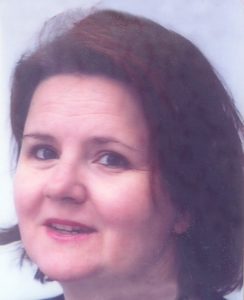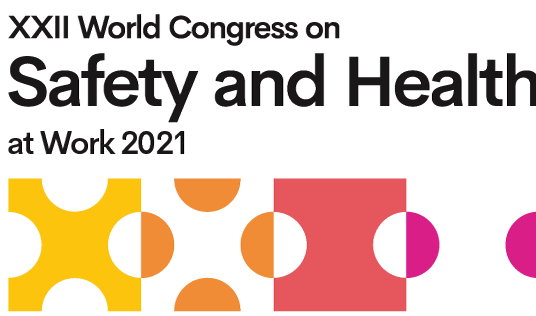Dr. Elke Schneider
Senior Project Manager, European Agency for Safety and Health at Work, Spain
Elke Schneider, senior project manager, at EU-OSHA since 2002. She was involved in a number of larger projects, including setting up the Agency’s European risk observatory and in the content preparation both EU-OSHA campaigns on dangerous substances, in 2003 and in 2018/19. Elke has been managing from 2015-1019 an activity gathering information on work-related diseases, including diseases from exposure to biological agents, with a specific focus on unintentional exposures and systematic prevention. The final results have just been published and include recommendations in the context of epidemics. Elke has also been involved in EU-OSH's activities related to COVID-19.
Elke has a degree in technical chemistry/ biochemistry and a doctorate in technical sciences from the Technical University of Vienna, Austria. Before joining EU-OSHA, she worked as deputy head of unit for EU and International Affairs at the central authority of the Austrian Labour Inspection within the Ministry of Economics and Labour, and as an expert for dangerous substances in the department of occupational medicine and occupational hygiene of the same institution. She has been a national delegate to the EU Commission and Council and involved in cooperation with SLIC (the Senior Labour Inspectors’ Committee) and many other stakeholders.
Sessions
11:05 - 11:55 am EDT / 15:05 – 15:55 pm UTC / 17:05 – 17:55 pm CEST
Breakout Session B – Organized by ILO: Resilient and sustainable workplaces in light of the COVID-19 Pandemic through good governance and social dialogue
The session will address the impacts of COVID-19 on workers and businesses. It will ask participants to express their knowledge and views of what has worked well and what needs to be improved for a better governance of the crisis and be prepared for other potential threats to health and economic growth. The roundtable discussion will bring together representatives from the International Labour Organization, government, employers, workers, and a research institution to engage on a dialogue focused around following key questions:
- What type of action is required from all to better address the still on-going pandemic, how can we build better into the future we want, and what have we learned from this experience that we should not repeat?
- How will this influence the future of prevention?
- Where should we focus as a priority for being able to forecast and prepare for health and safety emergencies that can affect us all globally or in a given a region? What are the major challenges and obstacles that we need to consider?
- What advice would you give to our audience on how to build and make the best use of synergies between tripartite actors in diverse national environments? What are the most difficult obstacles for this to happen?
Speakers:
Mr. Andrew Gavrielatos, Executive Director, Community Engagement, SafeWork NSW and Chair, XXIII World Congress on Safety and Health at Work, Australia
Mr. Roberto Suárez Santos, Secretary-General, International Organisation of Employers, Switzerland
Mr. Owen Tudor, Deputy General Secretary, International Trade Union Confederation, Belgium
Panelists:
Ms. Salima Admi, Director of Labour, Ministry of Labour and Professional Integration, Morocco
Mr. Derrick Hynes, President and CEO of FETCO (Federally Regulated Employers – Transportation and Communications)
Ms. Tara Peel, National Representative, Health, Safety & Environment, Canadian Labour Congress, Canada
Dr. Elke Schneider, Senior Project Manager, European Agency for Safety and Health at Work, Spain
Dr. Youcef Ghellab, Head, Social Dialogue Unit, International Labour Organization
Moderator:
Mr. Joaquim Pintado Nunes, Chief, Labour Administration, Labour Inspection and Occupational Safety and Health Branch, International Labour Organization
Languages:
English, French, German, Spanish











